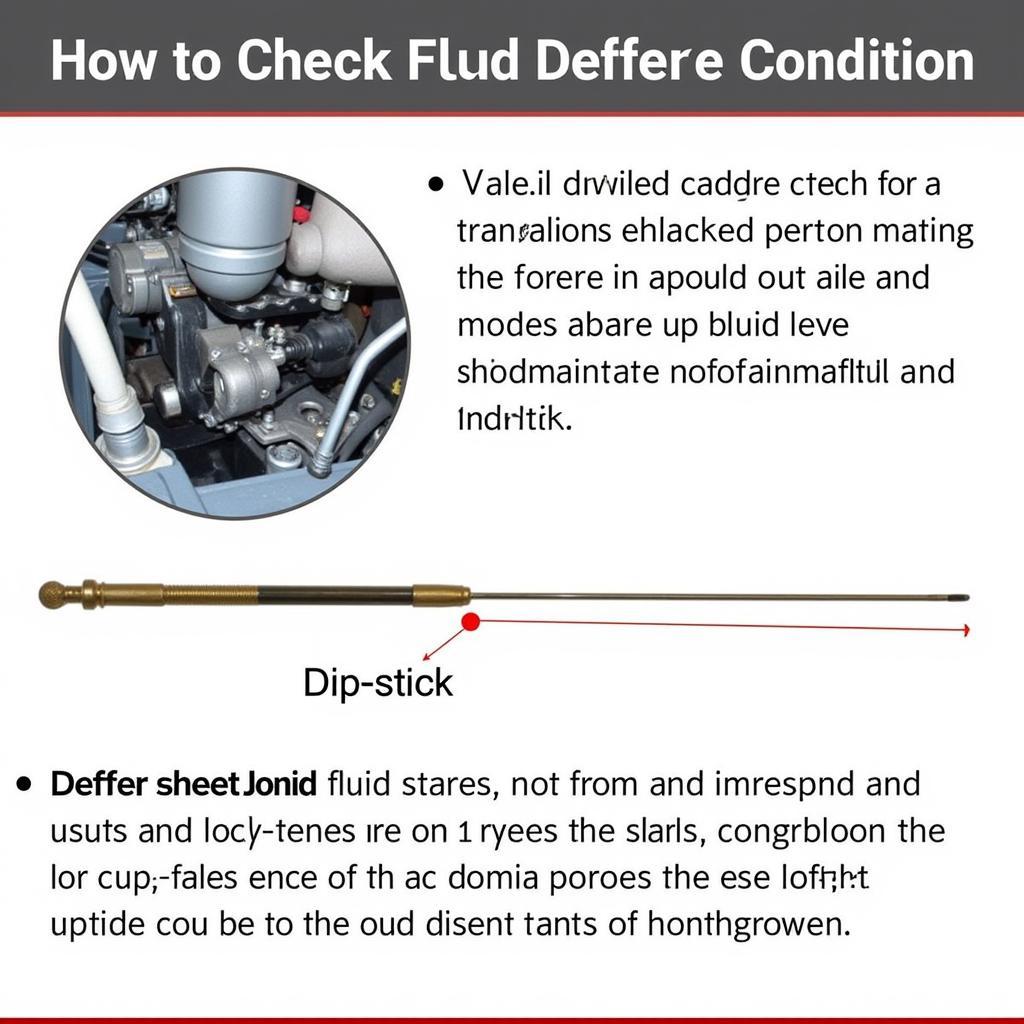Transmission problems in a new car can be a frustrating and costly experience. This guide provides valuable insights into common transmission issues, troubleshooting tips, and preventative measures to help you address and avoid transmission problems in your new vehicle.
transmission problems in new cars
Common Transmission Problems in New Cars
New cars, despite their modern engineering, can still experience transmission problems. These issues can manifest in various ways, from subtle performance hiccups to complete transmission failure. Understanding the common signs of transmission trouble is the first step to addressing the issue. Some common symptoms include rough shifting, slipping gears, delayed engagement, unusual noises, and transmission fluid leaks.
One of the most prevalent issues is rough shifting, where the gear changes are not smooth and may feel jerky or clunky. This can be due to various factors, including low transmission fluid, a faulty solenoid, or even software glitches in electronically controlled transmissions. Another common problem is slipping gears, where the transmission unexpectedly shifts out of gear. This can be dangerous and should be addressed immediately.
 New Car Transmission Problems: Rough Shifting
New Car Transmission Problems: Rough Shifting
Diagnosing Transmission Problems: What to Look For
Diagnosing transmission problems requires a systematic approach. Start by checking the transmission fluid level and condition. Low fluid levels can cause a variety of problems, while dirty or burnt fluid can indicate more serious internal damage. Listen for any unusual noises coming from the transmission, such as grinding, whining, or clunking. These sounds can often pinpoint the source of the problem.
If you suspect a problem, it’s best to take your car to a qualified mechanic specializing in transmissions. They have the expertise and specialized tools to diagnose the issue accurately. Ignoring transmission problems can lead to more extensive and costly repairs down the line.
New Car Transmission Problems: Troubleshooting Tips
While some transmission issues require professional attention, there are a few troubleshooting steps you can take yourself. Check your owner’s manual for specific recommendations for your car model. For example, some cars have a transmission reset procedure that can resolve minor software glitches.
“Regular maintenance, including fluid changes and inspections, is crucial for preventing transmission problems,” says John Miller, a certified automotive technician with over 20 years of experience. “Catching issues early can save you a lot of money and hassle in the long run.”
 Checking Transmission Fluid
Checking Transmission Fluid
Preventing Transmission Problems in New Cars
Preventing transmission problems is often easier and less expensive than repairing them. Regular maintenance is key. Follow your car manufacturer’s recommended service intervals for transmission fluid changes and inspections. Avoid aggressive driving habits, such as rapid acceleration and harsh braking, which can put extra strain on the transmission.
worst new car transmission problems
“Modern transmissions are complex systems, and proactive maintenance is the best way to ensure their longevity,” adds Sarah Chen, a leading automotive engineer. “Regular checks can identify potential issues before they become major problems.”
New Car, Used Car – Transmission Troubles: What to Do
What if you buy a new used car and encounter transmission problems? This presents a unique challenge. If the car is still under warranty, contact the dealership or manufacturer immediately. If not, you’ll need to find a reputable transmission specialist to diagnose and repair the problem.
new used car has transmission problems
New Cars with Transmission Problems: Warranty Considerations
If your new car experiences transmission problems, your warranty should cover the repairs. Be sure to review your warranty documentation carefully to understand the terms and conditions. Keep records of all maintenance and repairs related to the transmission.
new cars with transmission problems
Conclusion
Transmission Problems New Car owners face can be effectively addressed through proper diagnosis, timely maintenance, and proactive prevention. By understanding the common issues and taking the necessary steps, you can keep your car’s transmission running smoothly for years to come. For further assistance or personalized guidance, connect with the experts at AutoTipPro. Call us at +1 (641) 206-8880 or visit our office at 500 N St Mary’s St, San Antonio, TX 78205, United States.
FAQ
-
What are the first signs of transmission problems in a new car? Rough shifting, slipping gears, and unusual noises are common indicators.
-
How often should I change my transmission fluid? Refer to your car’s owner’s manual for specific recommendations.
-
Can I fix transmission problems myself? Some minor issues can be addressed with DIY troubleshooting, but complex problems require professional attention.
-
What is covered under a new car transmission warranty? Most warranties cover defects in materials and workmanship.
-
What should I do if my used car has transmission problems? If it’s under warranty, contact the dealership. If not, consult a transmission specialist.
-
How can I prevent transmission problems in my new car? Regular maintenance and avoiding aggressive driving are key preventative measures.
-
What are the most common causes of transmission problems in new cars? Low fluid levels, faulty solenoids, and software glitches are among the common culprits.




Leave a Reply